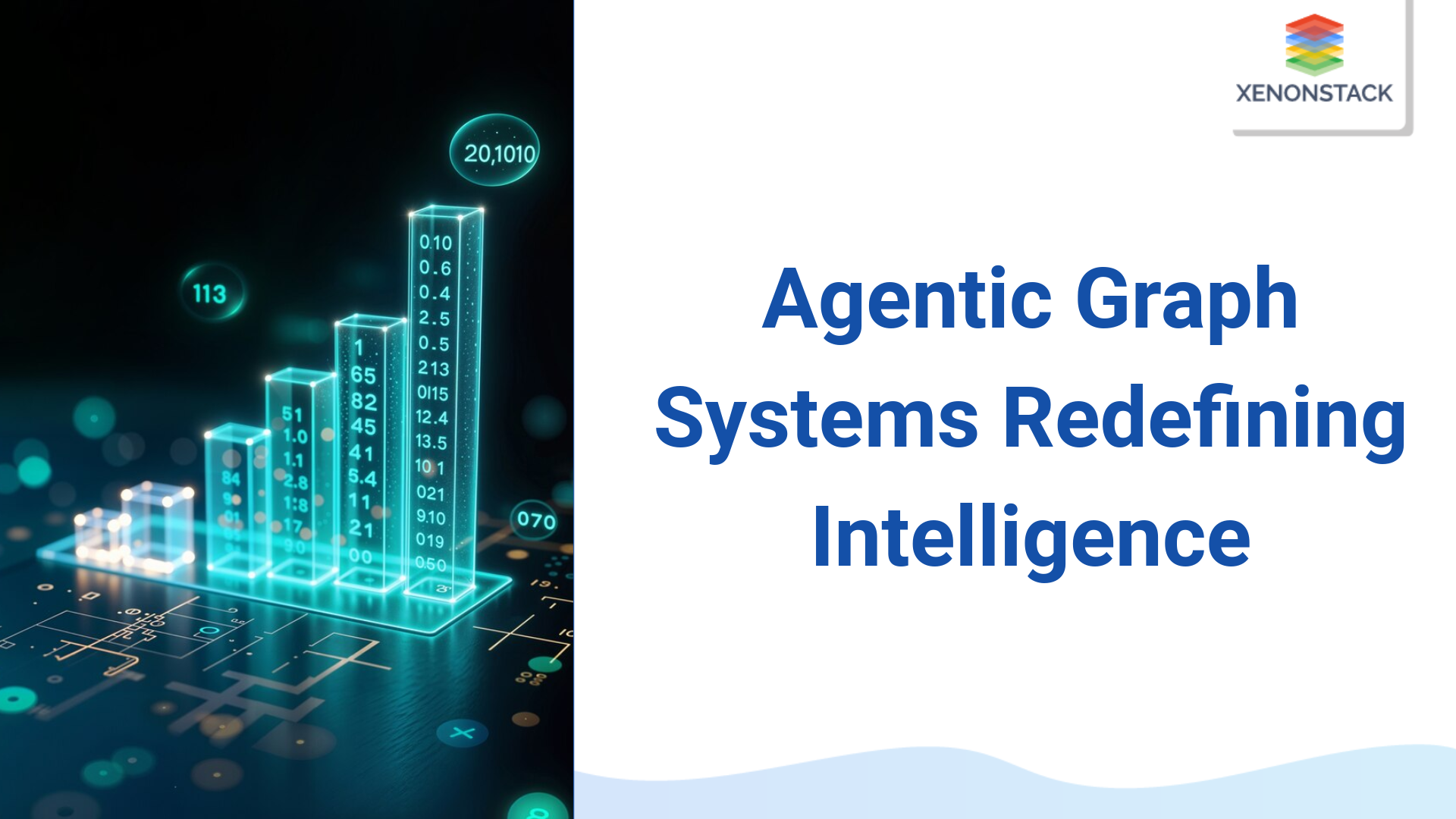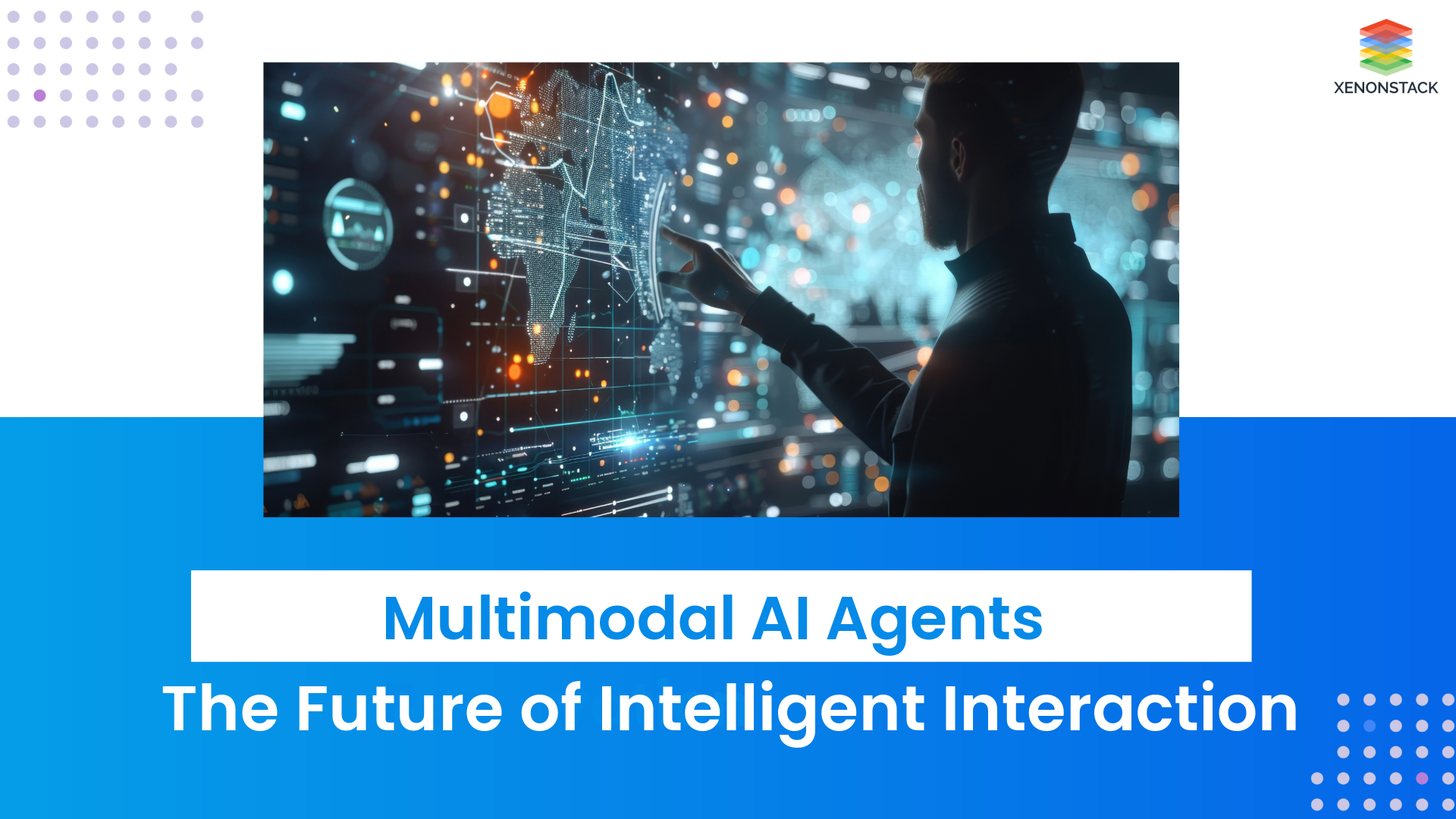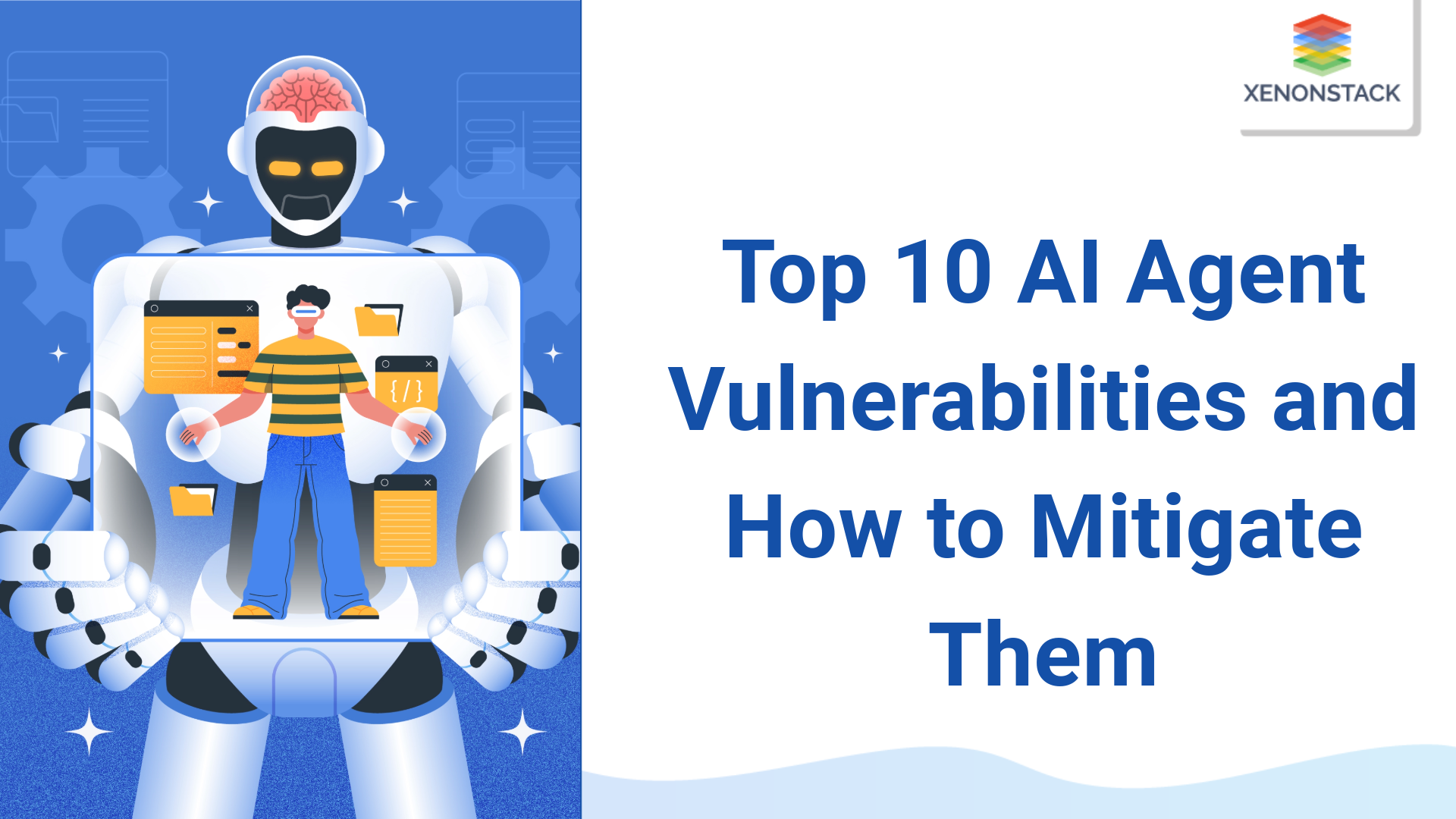Sustainability is no longer merely an ethical obligation but a crucial competitive differentiator in modern business. As organizations strive to integrate environmentally responsible practices into their operations, Agentic AI—autonomous artificial intelligence capable of independent decision-making and self-improvement—has emerged as a transformative force in sustainable marketing. By optimizing resource allocation, minimizing waste, and enhancing personalized consumer interactions, Agentic AI is driving the evolution of green marketing strategies.
This article delves into the applications of Agentic AI in sustainable marketing, examining its operational mechanisms, impact, and real-world use cases. We will also explore how businesses can prepare for the future by adopting AI-driven sustainability solutions.
Defining Agentic AI in Marketing
Agentic AI distinguishes itself from traditional AI systems by operating autonomously, requiring minimal human oversight. Its core functionalities include:
-
Real-time consumer behaviour analysis to refine marketing strategies dynamically.
-
Automated campaign optimization for greater efficiency and reduced environmental impact.
-
Autonomous content generation and distribution tailored to sustainability-conscious audiences.
-
Adaptive personalization algorithms that curate eco-friendly recommendations.
-
Predictive analytics to identify emerging trends in sustainable consumer behaviour.
-
Dynamic response to environmental policies to ensure regulatory compliance in marketing practices.
-
Integration with circular economy principles to promote recycling, reusability, and minimal waste.
When integrated with sustainable marketing initiatives, Agentic AI facilitates the creation of resource-efficient, high-impact campaigns that resonate with environmentally aware consumers.
Application of Agentic AI in Marketing
Agentic AI, a transformative advancement in artificial intelligence, is revolutionizing the marketing landscape by introducing more autonomy, adaptability, and personalization. Unlike traditional AI, which operates within predefined rules and requires constant human input, agentic AI systems can make context-aware decisions, learn from interactions, and pursue defined goals with a sense of initiative. These features make them particularly powerful in marketing, where agility, precision, and customer-centric approaches are essential.
1. Hyper-Personalization at Scale
One of the most compelling applications of agentic AI in marketing is the ability to deliver hyper-personalized content and experiences to consumers at scale. Agentic AI can autonomously gather and analyze customer data—such as browsing behaviour, purchase history, and engagement patterns—to craft unique user journeys. These AI agents continuously learn from each interaction, allowing brands to offer timely and highly relevant messages that evolve with customer preferences, improving engagement and conversion rates.
2. Autonomous Campaign Management
Traditional marketing campaigns often require extensive planning, testing, and manual optimization. Agentic AI disrupts this process by managing campaigns end-to-end. Without ongoing human supervision, these intelligent agents can design, launch, monitor, and optimize marketing campaigns across channels—such as social media, email, and search. They test variations in real time, allocate budgets dynamically, and adjust strategies based on performance data. This autonomy allows marketers to scale operations while maintaining efficiency and effectiveness.
3. Conversational AI and Customer Interaction
Agentic AI enhances customer interaction through intelligent virtual assistants and chatbots that go beyond scripted responses. These systems can hold dynamic, goal-oriented conversations, help customers with product recommendations, resolve issues, or complete transactions. Unlike static bots, agentic conversational AI can adapt its tone, content, and strategies based on the context and user sentiment, providing a more human-like and satisfying customer experience.
4. Predictive Analytics and Strategic Decision-Making
Marketing strategies thrive on insights derived from data, and agentic AI elevates predictive analytics by identifying trends and patterns that human analysts might overlook. These AI agents can forecast customer churn, predict lifetime value, and recommend strategic actions. With the ability to adjust models based on new data autonomously, marketers gain a continuous feedback loop that supports faster, more informed decision-making.
5. Content Generation and Optimization
Agentic AI also plays a pivotal role in content marketing. From writing blog posts and social media captions to generating product descriptions and video scripts, AI agents can create content that resonates with specific target audiences. Moreover, they can analyze engagement metrics to refine and optimize content strategies in real time, ensuring the message remains fresh and impactful.
The Impact of Agentic AI on Sustainable Marketing
1. Eco-Friendly Content Personalization
Agentic AI enhances sustainable marketing by generating personalized, environmentally conscious content while mitigating digital waste.
Mechanisms:
-
AI-driven content curation aligns sustainability messages with individual consumer preferences.
-
Intelligent recommendation systems suggest eco-friendly products and services tailored to user habits.
-
Adaptive content management minimizes redundancy and optimizes digital energy consumption.
-
AI-assisted natural language processing (NLP) ensures content remains relevant, engaging, and aligned with sustainability values.
-
Multi-channel optimization ensures messages reach consumers through the most energy-efficient mediums.
Advantages:
-
Reduces unnecessary digital resource expenditure.
-
Increases consumer engagement through sustainability-driven messaging.
-
Strengthens brand positioning as a sustainability leader.
-
Improves consumer awareness of environmentally responsible purchasing.
2. Optimizing Green Advertising Campaigns
Agentic AI refines digital advertising to minimize ecological impact while enhancing efficiency.
Mechanisms:
-
AI identifies and prioritizes advertising platforms with lower carbon footprints.
-
Machine learning models dynamically optimize campaigns via real-time A/B testing.
-
Predictive analytics reduce ineffective ad placements, limiting energy-intensive digital operations.
-
AI assesses ad delivery methods to reduce energy consumption while maximizing engagement.
-
Automated bidding strategies optimize ad spending for green-conscious demographics.
Advantages:
-
Lowers the digital carbon footprint of marketing campaigns.
-
Enhances return on investment (ROI) for sustainable marketing efforts.
-
Aligns brand messaging with evolving eco-conscious consumer expectations.
-
Reduces ad spend wastage, ensuring marketing budgets support sustainability goals.
3. Supply Chain Transparency and Ethical Procurement
AI-driven marketing facilitates sustainability transparency across supply chains, reinforcing corporate social responsibility.
Mechanisms:
-
AI-driven monitoring ensures responsible sourcing and ethical supplier selection.
-
Automated compliance tracking aligns procurement with environmental regulations.
-
AI-generated insights enable brands to communicate their sustainability credentials effectively.
-
Blockchain-integrated AI systems provide verifiable tracking of supply chain sustainability.
-
AI-powered risk assessment tools identify and mitigate potential sustainability challenges.
Advantages:
-
Bolsters consumer trust through verifiable sustainability claims.
-
Mitigates risks associated with greenwashing.
-
Encourages informed purchasing decisions that support ethical consumerism.
-
Strengthens regulatory compliance and brand reputation.
4. Sustainable Consumer Engagement and Loyalty Programs
Agentic AI fosters enduring relationships with sustainability-conscious consumers by integrating green incentives into loyalty programs.
Mechanisms:
-
AI designs gamified sustainability challenges that encourage eco-friendly consumer behaviour.
-
Personalized reward systems promote sustainable purchasing habits.
-
AI-driven insights recommend greener alternatives based on past transactions.
-
Dynamic pricing models incentivize purchases of eco-friendly products.
-
AI-driven behavioural analysis tailors loyalty programs to evolving consumer preferences.
Advantages:
-
Deepens brand-consumer relationships through shared sustainability values.
-
Reduces churn by aligning marketing with consumer ethical priorities.
-
Promotes long-term commitment to environmentally responsible purchasing.
-
Strengthens brand identity as an environmentally conscious leader.
5. Energy-Efficient AI Operations in Marketing
Agentic AI can self-optimize its computational processes to reduce its environmental footprint.
Mechanisms:
-
AI prioritizes data centres powered by renewable energy sources.
-
Advanced optimization techniques lower computational resource consumption.
-
Dynamic workload allocation minimizes unnecessary AI processing demands.
-
AI enhances cloud computing efficiency by reducing redundant data processing.
-
Edge AI computing minimizes data transmission energy costs.
Advantages:
-
Lowers the energy consumption associated with AI-driven marketing operations.
-
Supports corporate net-zero sustainability objectives.
-
Enhances overall operational efficiency through AI-driven resource management.
-
Reduces reliance on energy-intensive centralized AI models.







